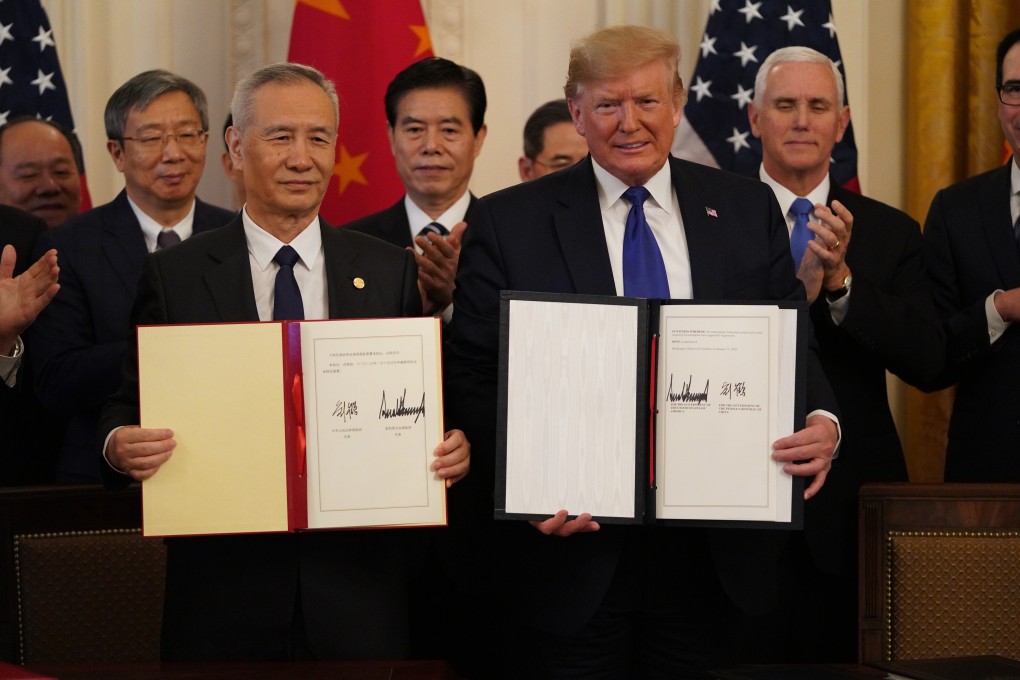China targets trademarks violations in effort to improve IP protection, but unlikely to satisfy US demands
- The China National Intellectual Property Administration launched the two-year long Blue Sky campaign in May 2019
- One of the primary demands from the United States has been for Beijing to strengthen intellectual property protection and stop forcing the transfer of technology

More than 850 violations relating to the malicious squatting and hoarding of trademarks have been identified under a campaign started in China last year in an effort to improve intellectual property protections.
Under the two-year long Blue Sky campaign, which was launched in May 2019, the China National Intellectual Property Administration has reviewed 47,000 registered trademark agencies, although this is seen as a less important area compared to copyright and patent rights, lawyers said.
The campaign specifically targeted unlicensed patent agents and agencies, malicious trademark agency behaviour and other illegal intellectual property services.
In total, according to details published at the end of October, the administration had fined 56 Chinese patent firms a total of 2.5 million yuan (US$380,000) for operating without a licence or for other related violations.
The potentially lucrative practice of malicious squatting of trademarks is not a new occurrence in China. It only takes around 1,000 yuan (US$151) to register a trademark but the owner could then gain tens of thousands yuan – sometimes up to hundreds of thousands – when they transfer the ownership of the registration.